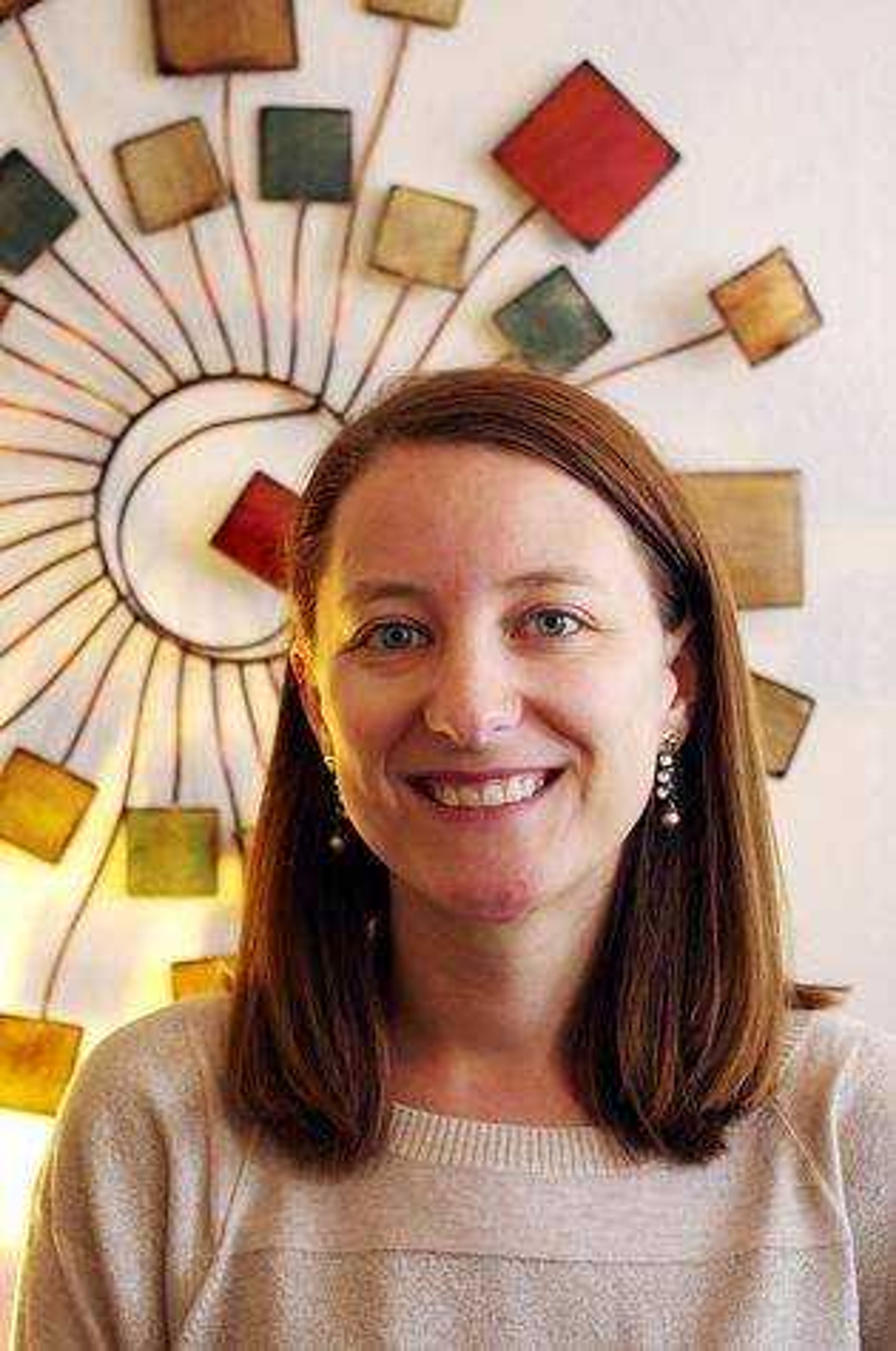Everybody is different. Some have brown hair, some have blonde. Some are short, others are tall. And some have disabilities, some don't. All these differences and more are a part of people's characteristics, which are not positive or negative. It's just a part of their identity.
This is something that Disability Services at Southeast Missouri State University is trying to help students understand, along with helping students with disabilities face everyday challenges on campus.
Disability Services coordinator Emily Oliveira said that Disability Services works with students with disabilities in a variety of ways but mainly serves as a resource for students to have a staff member or contact on campus to help them meet whatever their needs are.
"One of the things that we are most known for is providing accommodations for students in the classroom," Oliveira said. "So, if they're experiencing a barrier in the classroom related to their disability, we will put into place accommodations to address that barrier."
Oliveira said an example would be if a student has low vision and cannot read the syllabus in the standard font, he or she may need the syllabus or other materials for the class provided for them electronically or in a larger font so he or she can see and access it.
Disability Services sends a notice of the accommodations a student needs to teachers or faculty on the student's behalf, explaining the barriers the student is facing and the accommodations to address it.
Oliveira said one obvious barrier she sees on campus is the physical environment of Southeast's campus.
"It's a very hilly campus, so for students who have any type of mobility-related disability, it's going to be more challenging to physically navigate," Oliveira said. "Sometimes there is that attitude that if you can't see that disability that exists, it's hard to believe it does exist. So for a student who has a non-visible disability, sometimes it's hard to believe that they do need the accommodations."
Oliveira said that most members of the faculty are understanding, helpful and willing to work with a student.
"There are going to be situations where students may have to advocate a little more on their behalf and explain things a little bit more to a faculty member," Oliveira said. "But, for the most part, the faculty has been cooperative and understanding."
One thing Oliveira would like to see improve is for students with disabilities and students without disabilities to learn more about what disabilities are and incorporate that into Disability Services programming.
"I think our campus has already done a phenomenal job of including disability into a lot of the programming," Oliveira said. "There's still a little more that we can do as far as student's involvement in the programming."
Oliveira said Campus Life has done an exceptional job putting programming out to students, but she would also like to see the student interest in learning about what disabilities are and building a tolerance for differences in others.
"I want students to learn that if someone has a disability, it's not something that they should be embarrassed or ashamed about," Oliveira said. "Then, for students who don't have a disability, to learn that that's a part of life, and it's not something they should tease about or cause someone to feel embarrassed for or even pity them."
Junior psychology major Gideon Barr said that it would be beneficial if students learned more about disabilities. Barr has a non-visible disability called Still's disease, which is a form of juvenile arthritis.
"I get accumulative stress throughout the semester where my body reacts more extreme," Barr said. "If my books are too heavy for me, I use electronic copies of the books."
Barr is the president of Delta Alpha Pi Honors Society that acknowledges the achievements of students with disabilities.
"I think people are very good at accepting stereotypes unthinkingly," Barr said. "In fact, part of the purpose of our group, Delta Alpha Pi Honors Society, is to recognize the achievement of students with disabilities and thereby reshape public understanding of disabilities and students with disabilities."
Disability Services sponsors "Disability Awareness Month" in October.
"A lot of our programming for Disability Awareness Month is geared towards the social justice model of how disability is a part of a student's identity, and it's something that they can embrace," Oliveira said. "It's a part of their identity like any other characteristic."
Oliveira said there are events that Disability Services is either sponsoring or highlighting. They will be working with Campus Life and the Office of Residence Life to show a diversity movie and also show a documentary about the deaf culture.
"We're going to bring an exhibit to campus called 'The Ability Exhibit,'" Oliveira said. "It's a traveling exhibit that highlights ability instead of disability."
Disability Services has moved to Dearmont Hall B Wing in the Counseling Services Suite.





